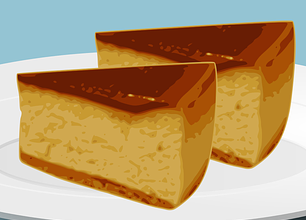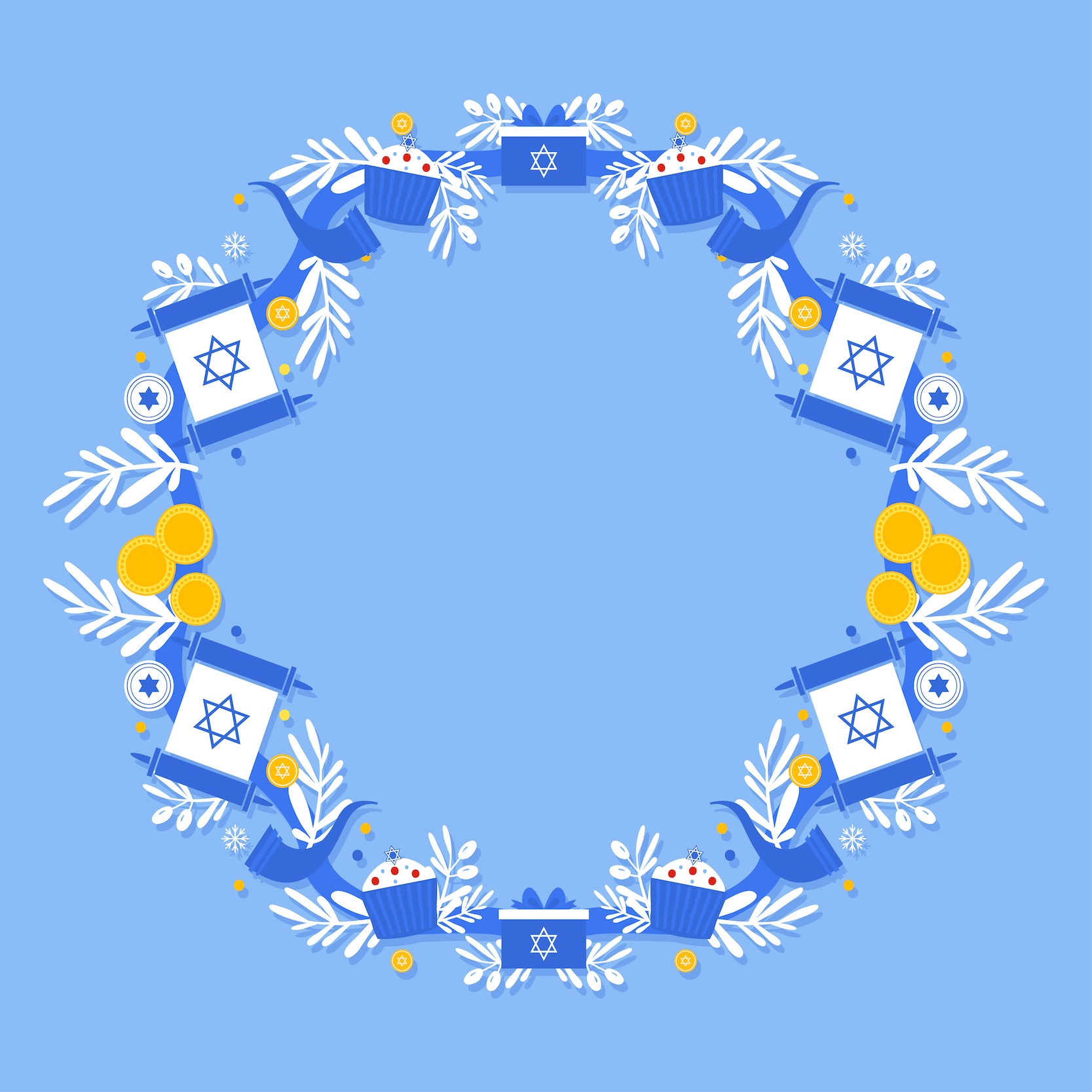Shavuot
The Holiday of Weeks
Shavuot, the Holiday of Weeks, is observed at the end of the counting of the Omer, which is a Biblical measure, of grain. At the beginning of the counting, starting on Passover, Jews would bring an omer from the first barley harvest to the Holy Temple, and at the end would bring an Omer of grain from the first wheat harvest. The seven weeks in the counting of the Omer are what give the holiday its name. Therefore, Shavuot is also called the Harvest Holiday, and it is an agricultural holiday.
Shavuot is also the holiday of the Giving of the Torah. According to tradition, it was on this day that the Torah was given to the Jewish people at Mt. Sinai, including the ten commandments.
Shavuot, is one of the three pilgrimage holidays, along with Pesach and Sukkot. These are the holidays on which the whole Jewish people would come to Jerusalem in ancient times when the Holy Temple was there and would offer animal and grain sacrifices.
Holiday Customs
Shavuot night learning and prayers
One custom connected with tradition is that the Torah was given on Shavuot: Thus on the night of the holiday, it is customary to learn Torah all night long at the synagogue in order to prepare oneself for receiving the Torah, just as a bride prepares herself to receive her groom. The texts that are studied vary from one community to another but usually include passages from the Torah, the Mishna, and the Zohar.

The reading of the Book of Ruth
On Shavuot day the Book of Ruth. This story is connected with Shavuot as it takes place during the wheat harvest, around the time of Shavuot.
Eating dairy products
This is a relatively recent tradition, whose origin is unclear. Many Israelis who are not specifically religious have adopted this custom and hold fancy meals based on the many dairy products available in Israel.

Agricultural Celebrations
With the renewal of Jewish settlement in the Land of Israel, the new farmers (mainly in the kibbutz and moshav cooperative farming communities) reinstated the agricultural aspect of the holiday, and a rich and colorful tradition developed around ceremonies commemorating the presenting the first fauna, and flora of the season. Children wear flower crowns, and people eat fresh fruits and vegetables.

Among the symbols of the holiday are the seven species with which the Land of, Israel is blessed - wheat, barley, grapes, figs, pomegranates, olives, and dates.
.jpg?resize=400x0)



